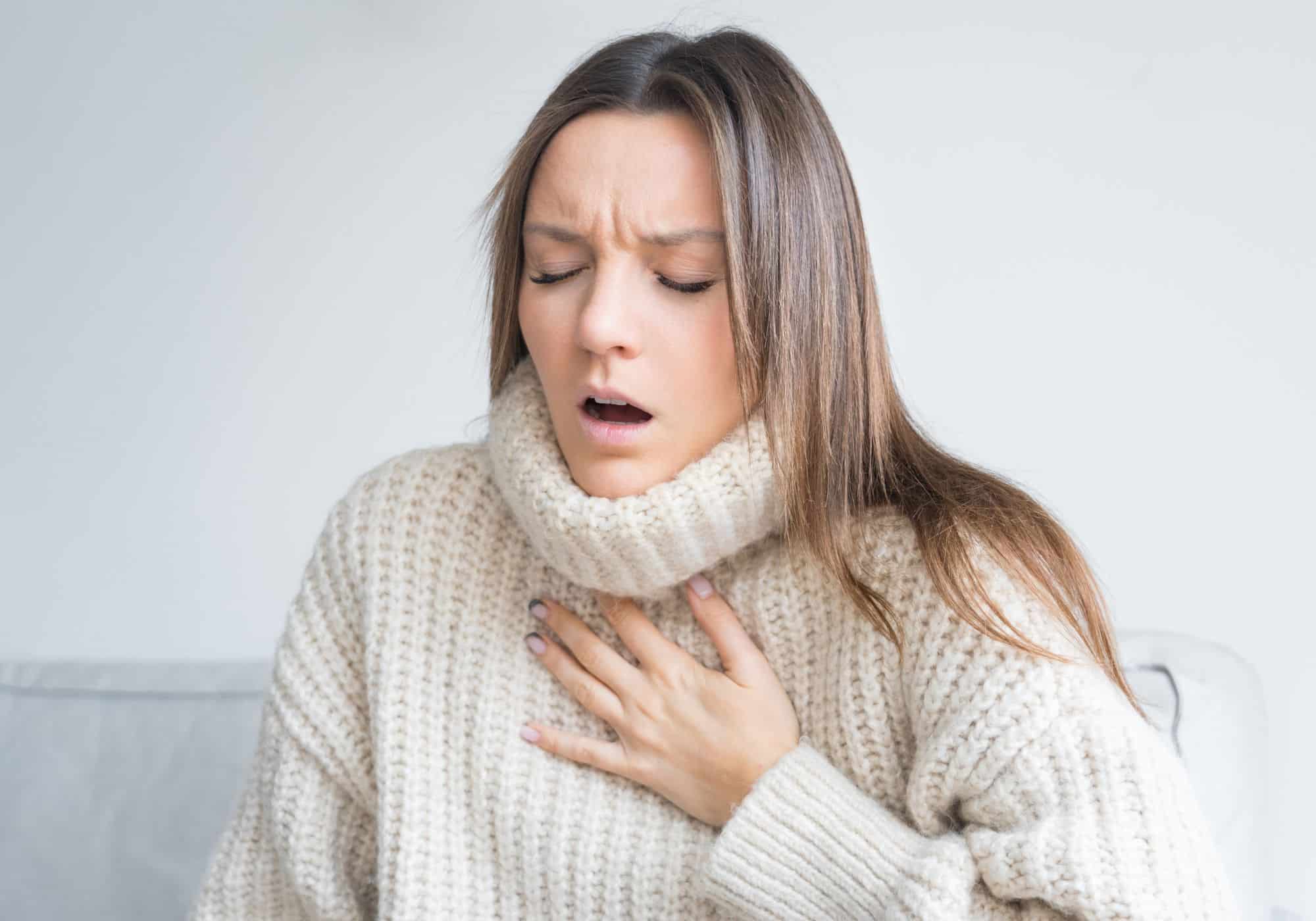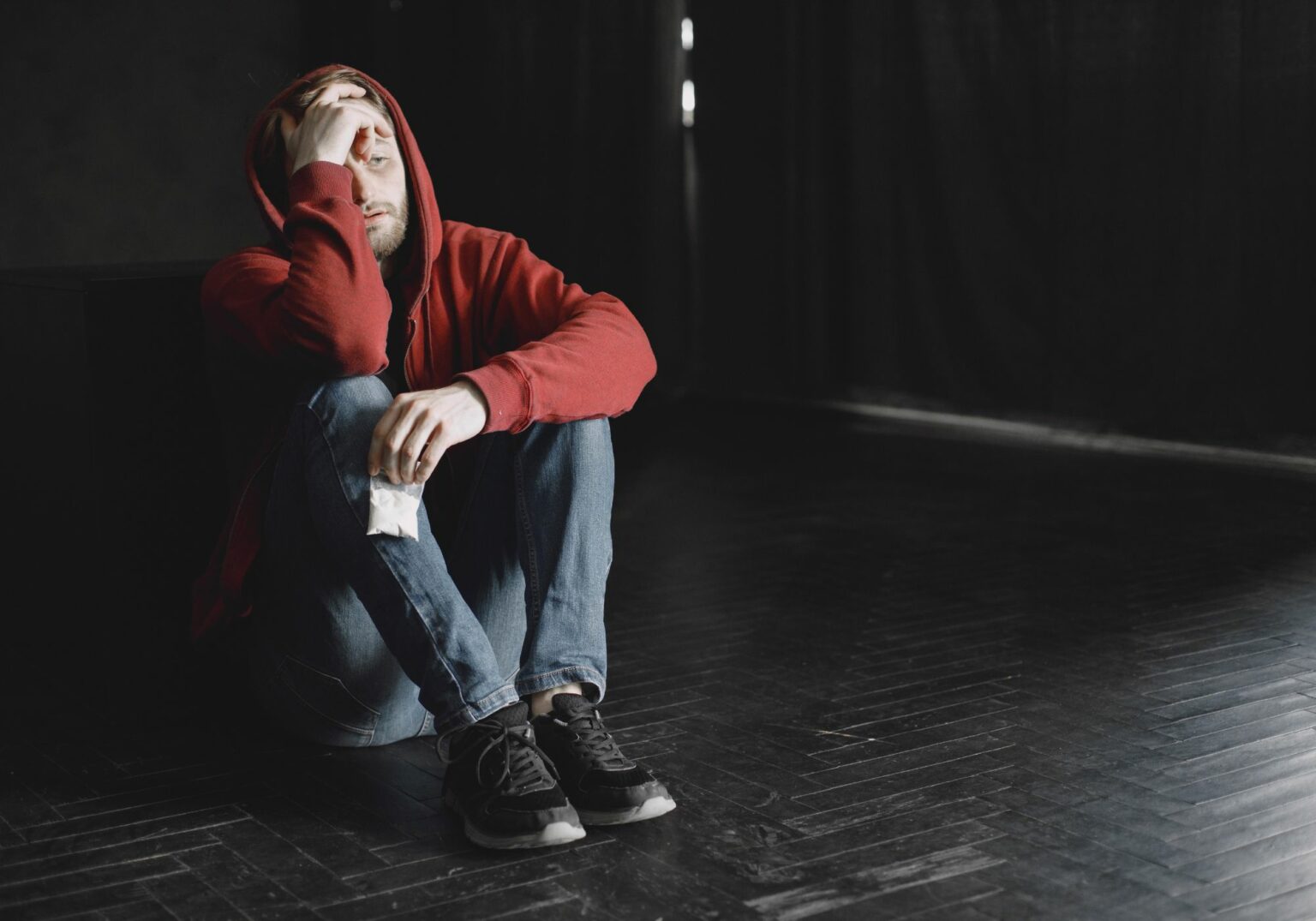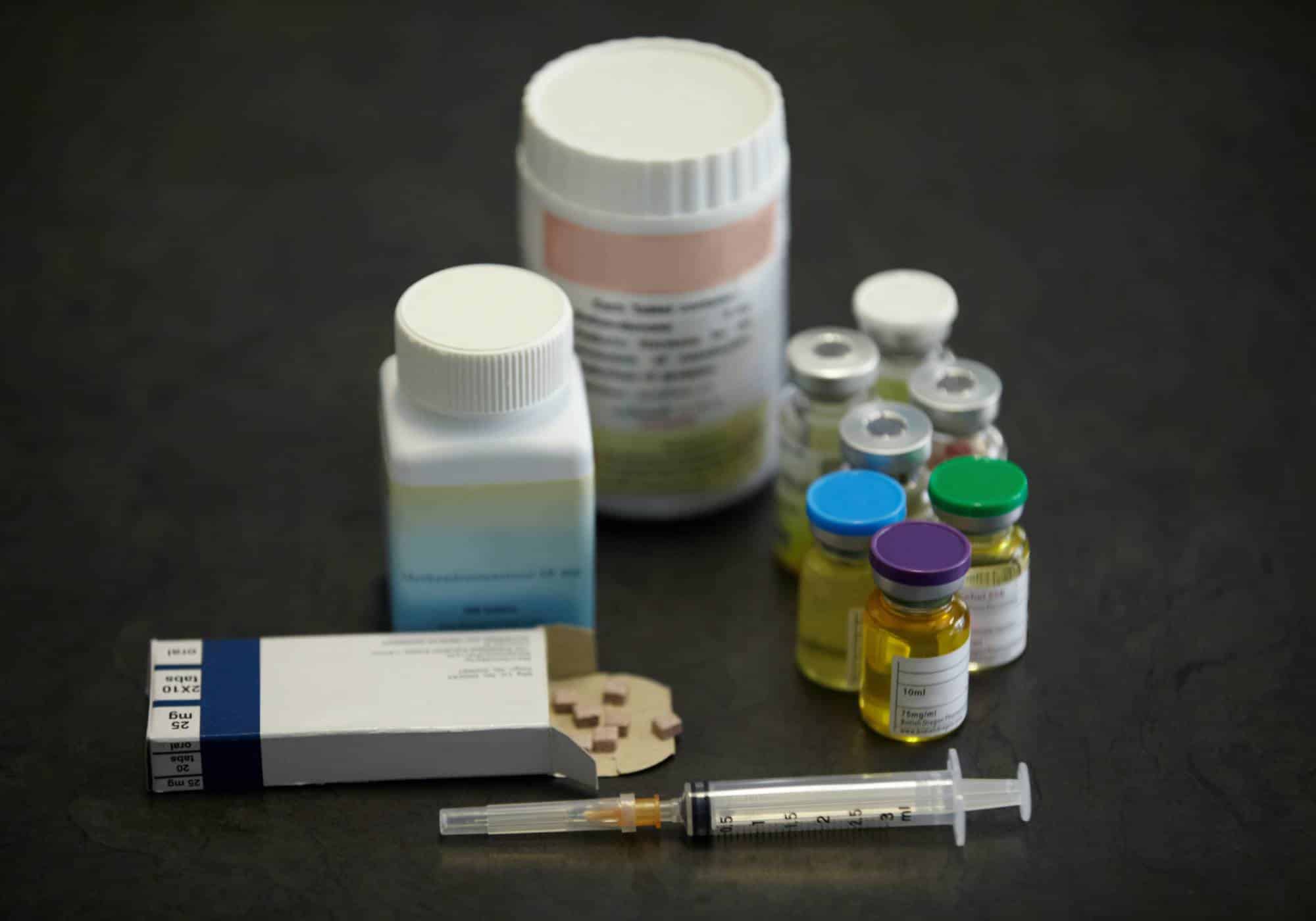Phencyclidine, popularly known as PCP, is a drug that’s illegal and widely known for its ability to induce hallucinations and cause extreme agitation. In this article, we’re delving into the critical topic of PCP overdose. An overdose occurs when an individual consumes more than the recommended or safe amount of a substance, in this case, PCP.
Exceeding the safe limit of PCP can lead to grave and potentially life-threatening symptoms, and in the worst-case scenario, it could result in death. It’s essential to be aware of the dangers of PCP and understand the severity of an overdose, as it carries serious health risks.
PCP Overdose
According to the National Institute on Drug Abuse (NIDA), the effects of PCP vary depending on the amount ingested.
- Lower Doses (1 mg to 6 mg): Commonly found in street versions, these doses can cause effects akin to alcohol intoxication.
- Moderate Doses (6 mg to 10 mg): At this level, users often experience intense psychosis, hyperactivity, and physical symptoms like irregular heartbeat, high blood pressure, muscle stiffness, and increased body temperature.
- Very High Doses: Exceeding moderate doses intensifies the aforementioned symptoms and can lead to life-threatening conditions like coma, catatonia, and seizures. Doses above 200 mg are particularly dangerous and can be fatal.
In case of a suspected PCP overdose, it’s crucial to act quickly and call emergency medical services (911) immediately. If you’re not medically trained, avoid giving the individual any fluids or medications. Instead, focus on reducing their environmental stimulation to help control their condition until professional help arrives. This can involve dimming lights, reducing noise, avoiding physical contact, and moving calmly and slowly around them. If the person is highly agitated, it’s safer to maintain a distance and monitor them until emergency services arrive.
Signs and Symptoms of PCP Overdose
Experiencing an overdose of PCP, a powerful hallucinogenic drug, can lead to a range of alarming physical symptoms. These may include:
- Loss of muscle coordination
- Nystagmus, which means experiencing repetitive and uncontrollable eye movements
- Elevated body temperature
- Potential kidney failure
- Reddened or flushed skin
- High blood pressure (hypertension)
- Rapid heartbeat (tachycardia)
- Irregular breathing patterns
- Reduced sensitivity to pain
- Seizures or convulsions
- Catatonic states, marked by unresponsiveness
- Coma, in severe cases
Beyond these physical signs, a person who has overdosed on PCP may also exhibit significant psychological symptoms. Hallucinations, delusions, and intense paranoia are common. Due to the drug’s numbing and pain-relieving effects, individuals might engage in extremely dangerous behaviors without realizing the harm they’re causing to themselves. There have been instances of users inflicting severe self-harm, such as removing their own eyes, recklessly walking into traffic, or jumping from high places.
Recognizing these signs is critical, as they indicate a serious medical emergency requiring immediate attention.
PCP Overdose Effects
The influence of PCP, also known as angel dust, can kick in as quickly as five minutes after use and typically within an hour. While these effects appear rapidly, they’re known to last several hours, and in cases of high dosage, they can persist for up to two days.
Recreational doses of PCP usually range from 1 mg to 5-10 mg, especially among users who’ve developed a tolerance. At these levels, the effects include feelings of euphoria, increased energy, hyperactivity, hallucinations, and a general sense of wellbeing – the primary reasons for its recreational appeal.
However, the dangers escalate with higher doses. At about 15 mg, the risk of overdose becomes significantly high. Any amount beyond this can be life-threatening, regardless of the user’s intentions.
In large doses, PCP can cause intense dissociative effects. These can manifest as dramatic mood swings, suicidal tendencies, severe paranoia, or even complete detachment from reality. In such states, the user’s sense of self and consciousness can become profoundly altered, leading to a state of ‘nothingness.’
Before reaching these extreme levels, users might experience a false sense of invincibility, leading to potentially fatal actions. While it’s a common misconception that PCP invariably triggers violent, berserk behavior, this isn’t always the case. Such extreme reactions are usually linked to pre-existing mental health issues in the users. While PCP is undoubtedly hazardous, it’s important to separate myth from reality. The drug is dangerous enough on its own, and misconceptions do not accurately represent the variety of risks associated with its use.
Risk Factors for PCP Overdose
Navigating the dangers of PCP overdose can be challenging, especially since it’s an illegal drug and users often aren’t sure of its purity or dosage. Adding to the risk, many people might unknowingly consume PCP as it’s sometimes mixed with other substances like marijuana or LSD. Here are some common risk factors associated with PCP addiction and overdose:
- Demographics: Young men, particularly those aged 18 to 34, are more likely to experience PCP overdose.
- Past Abuse or Addiction: Individuals with a history of substance abuse or addiction are at increased risk.
- Geographic Trends: PCP use and overdose are more prevalent in certain regions, notably the Northeast and the West Coast of the United States.
- Tolerance Development: Regular users may gradually increase their doses, which can lead to overdose.
- Combining Substances: Mixing PCP with other drugs or alcohol significantly heightens the risk of adverse effects.
- Family History: A family history of addiction can be a contributing factor.
- Coping Mechanism: Using PCP as a way to deal with problems increases the likelihood of addiction and overdose.
- Mental Health: Individuals with mental health diagnoses may be more susceptible to PCP abuse.
- Peer Influence: Being in a peer group where PCP is commonly used can also be a risk factor.
Understanding these risk factors is crucial for prevention and awareness. It’s important to recognize the signs and seek help if you or someone you know might be at risk of PCP addiction or overdose.
Can You Die From a PCP Overdose?
Yes, it is indeed possible to die from a PCP overdose. Interestingly, most deaths linked to PCP overdose result from accidental injuries or self-harm rather than the direct toxic effects of the drug. Critical issues like reduced breathing capacity can lead to oxygen deprivation in tissues, damaging vital organs and potentially causing death. Other serious complications include convulsions, seizures, kidney failure, and cardiac arrest.
Highlighting the gravity of this issue, a study by the Substance Abuse and Mental Health Services Administration (SAMHSA) revealed a startling increase in PCP-related emergency hospital visits. From 2005 to 2011, these visits skyrocketed by more than 400%, jumping from 14,825 to 75,538 cases.
For those who do survive a PCP overdose, the journey isn’t over. The long-term effects of PCP abuse can be debilitating and include a range of issues such as:
- Persistent depression
- Memory loss
- Speech difficulties
- Impaired thinking processes
- Social withdrawal
- Significant weight loss
- Suicidal thoughts
Understanding the risks and potential outcomes of PCP overdose is crucial. It underscores the need for awareness, preventive measures, and immediate medical attention in cases of suspected overdose.


Treatment for PCP Overdose
Treating a PCP overdose is a complex process, as there are no specific antidotes for PCP. Instead, medical professionals tailor the treatment based on the individual’s symptoms and condition. Here’s a general overview of how such cases are typically handled:
- Managing Aggression and Hallucinations: If the patient is showing signs of aggression, confusion, or hallucinations, they are often calmed using sedative medications like benzodiazepines. In some cases, physical restraints might be necessary. Reducing environmental stimuli is also crucial — this includes dimming lights, minimizing noise, and limiting the number of people around the patient.
- Hyperactivity and Agitation: In extreme cases of hyperactivity or agitation, the patient might require intubation to safely administer certain medications.
- Detoxification: Once the patient is stabilized, they can receive intravenous fluids. Activated charcoal is also used, particularly if the drug was taken orally. It’s effective in absorbing PCP, reducing the risk of potential kidney damage.
- Cooling the Body: For those experiencing extremely high body temperatures, cooling methods involving fluids and ventilation may be necessary.
- Monitoring and Additional Treatments: Medical staff will closely monitor vital signs and address any additional symptoms. Seizures are often treated with benzodiazepines. In cases of severe psychotic behavior, antipsychotic medications may be considered. IV fluids are essential in helping to clear the drug from the system.
- Dealing with Complications: Complications like rhabdomyolysis, a condition where muscle tissue breaks down releasing proteins into the bloodstream, are also managed as part of the treatment.
Treating a PCP overdose involves a combination of symptom management, detoxification, and careful monitoring to address the various complications that can arise. If you or a loved on are struggling with PCP Addiction, don’t hesitate and call us today to begin your PCP Addiction Treatment in Atlanta, GA.












